If I get fired from my day job, it will be because I was looking up “dog sunglasses” on my computer. I’ve looked at our electronic devices usage policy, and I didn’t see anything specifically prohibiting using my lunch break to find my poodle some eye protection, but you know how corporations are. Picky, picky, picky.
Now that I think about it, it might be because I always forget the company blocks access to Pandora. I don’t know why I can’t remember that. I like a little music in my office, and, as much as I love public radio, sometimes I need music with words. So I try to pull up Pandora and get this red and black warning that I am perilously close to the third rail of internet surfing and if I do it again, corporate minions will show up at my office to haul me out. I think about this when I remember I can’t stream my big band station. Oh, sure. I could listen to Benny Goodman on YouTube. YouTube isn’t blocked. Go figure that one out, and let me know what you come up with.

Sometimes I daydream that on the 13th time I forget that site is blocked, air raid sirens will start screaming, and men in tactical gear wielding frothing German Shepherds and Tasers will show up at my office. Then I’ll be put in a small room with nothing but a metal table and two chairs and a one-way mirror.
Interesting tidbit. When writing that last sentence, I couldn’t remember if I meant a “one-way mirror” or “two-way mirror.” Turns out THEY ARE THE SAME THING. It’s like flammable and inflammable meaning the same thing. I don’t understand the need to make English our official language. I’m a native speaker, and it makes me drink. When all native speakers can explain why one-way and two-way mean the same thing, we can discuss a national language.
Now that I think about it, it might not be the dog sunglasses (I went with the bright yellow, by the way). It might be how the other day I called everyone into my office to see the video of a rooster wearing turquoise pants running around the chicken yard. That’s right. The rooster was wearing pants. Bright turquoise pants. I had no idea how much my life needed a video of a rooster in britches. Just trust me. You need that rooster in your life, too.
Ebay is also blocked on our corporate network. Amazon is not. Maybe that one was a “pick your battles” decision. We are not prohibited from looking up the score from last night’s game, but we are prohibited from clicking any links to any sites discussing said game. My job requires me to be familiar with approximately 16,923 government ordinances, requirements, and statutes. I am not blocked from any government website, but I did try to order an informational poster from the one.gov website and was kindly reminded if I tried that crap again, the Stormtroopers would show up with thumbscrews and a pink slip. One becomes unsure how one is to comply with statutes requiring the posting of certain information if one cannot obtain the method of delivery for said required information. Working for corporations is often like unknowingly starring in a Samuel Beckett play.
Americans don’t take vacations. We spend our weekends checking our work email accounts. But I keep reading about how much time we waste at work on the internet. Doesn’t it all wash? I lose my vacation every year, but spend 20 minutes a day clearing my brain by looking at dog-shaming websites and trying to find a really good casserole recipe. I’m not saying I’m owed it. I’m saying six of one, half dozen of the other. Like how there’s only so much T-ball an adult can possibly be expected to endure, so taking a call from work is a welcome respite from watching your kid miss a stationary ball literally two feet away for the 394th time in a row. Work/life balance has gone electronic.
My company gives its employees a little elasticity, but I know people who have been fired for checking March Madness scores and downloading pictures of Land Between the Lakes for a child’s school project. I know a rule is a rule, but c’mon. Not being able to check March Madness scores might possibly be classified as cruel and unusual punishment by the Geneva (Kansas) Convention.
I know you have one burning question: How did my dog like the sunglasses? Not as well as I’d hoped. He likes wearing mine, so I thought he’d love a pair of his own. As it turns out, I think he just likes being a diva in my oversized Jackie O. tortoise shells. He does look fabulous.
Susan Wilson writes for yeahandanotherthing.com and likethedew.com. She and her husband Chuck have lived here long enough to know that Midtown does not start at Highland.
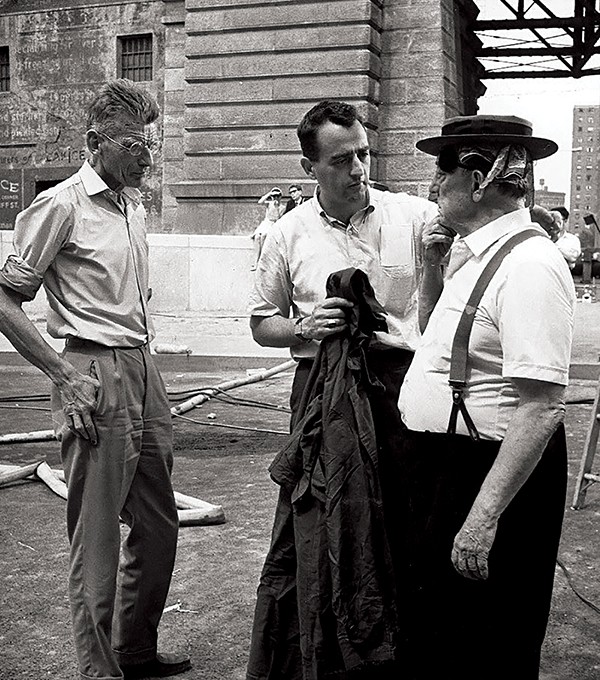

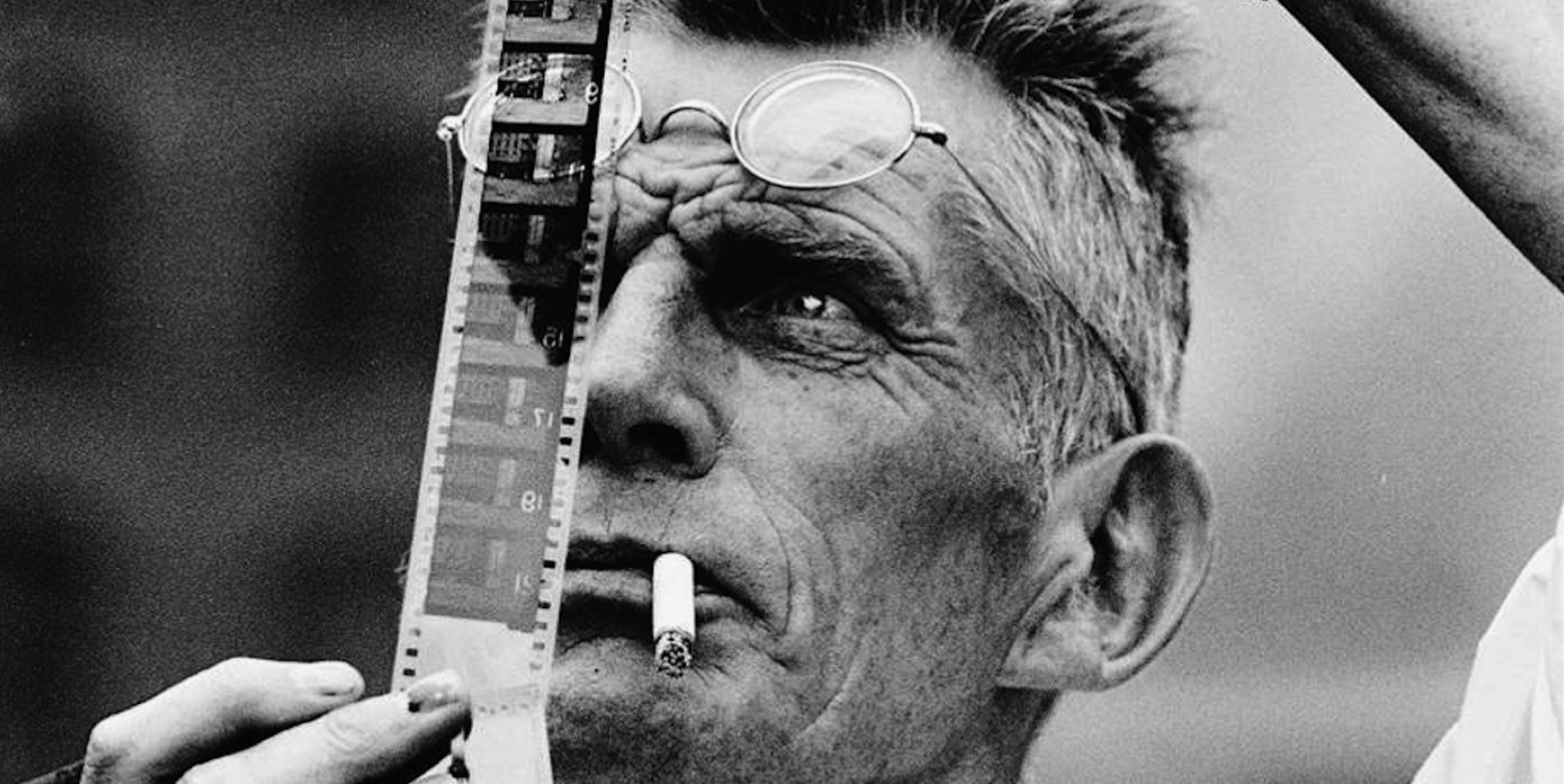
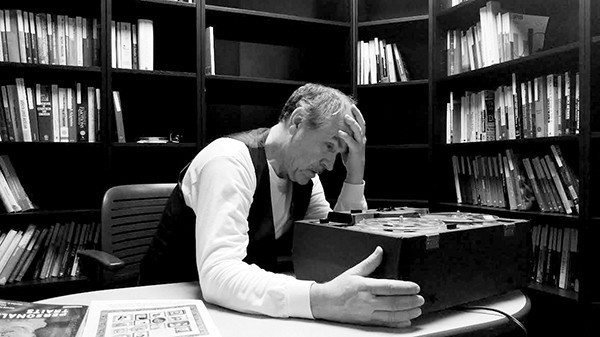
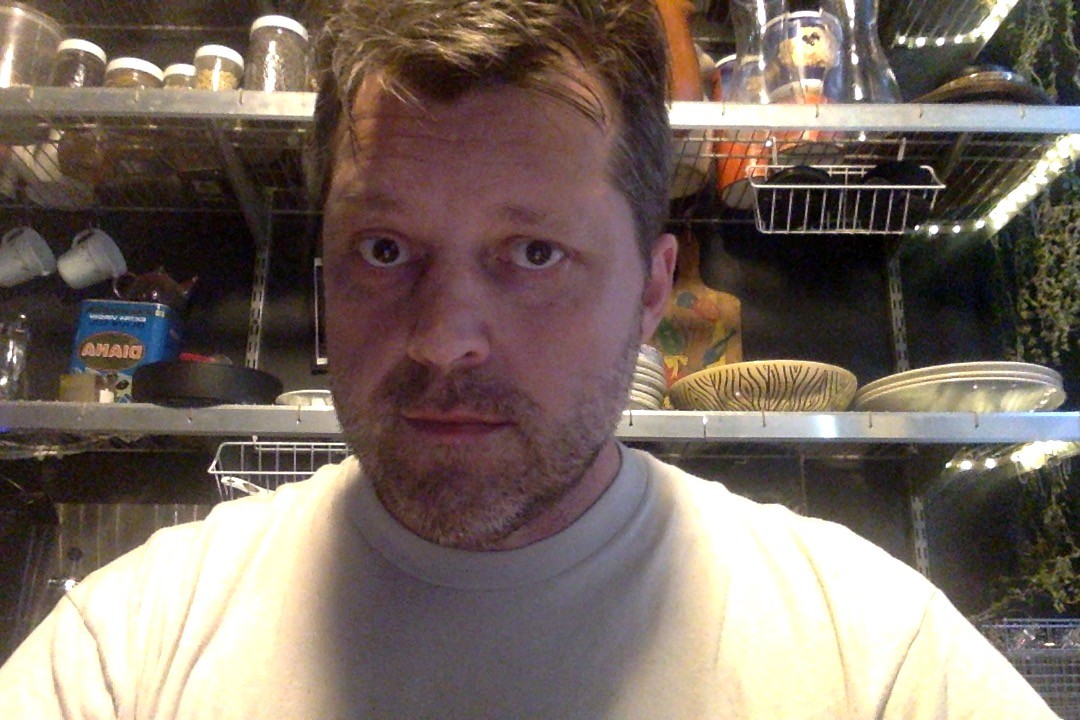 Me
Me 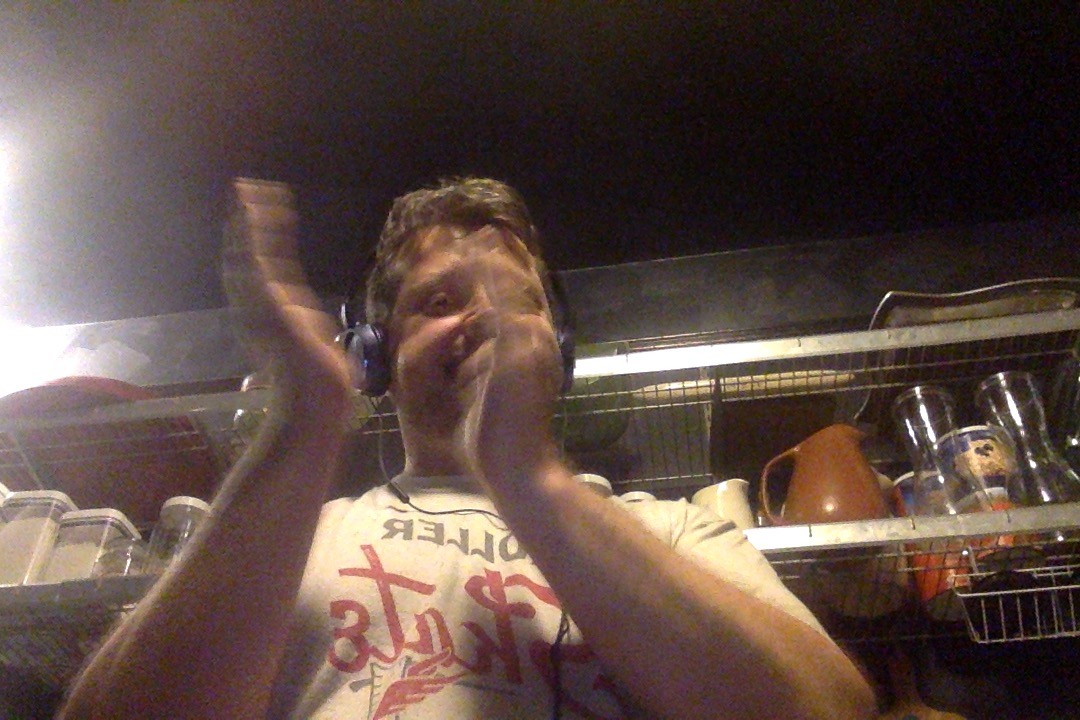 Me
Me 